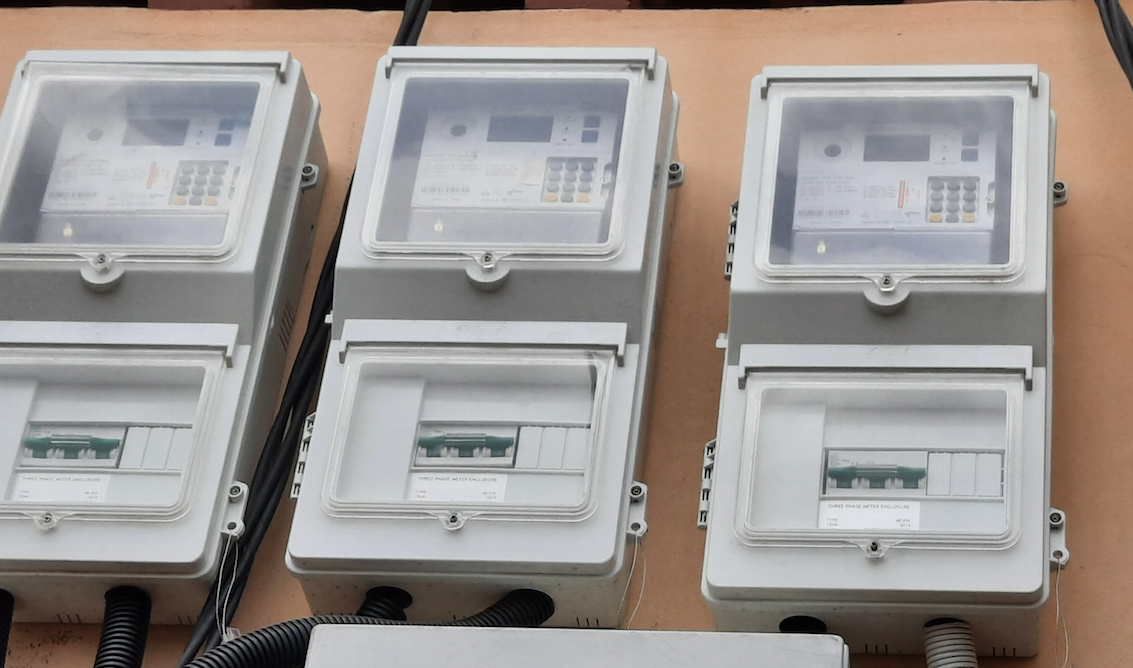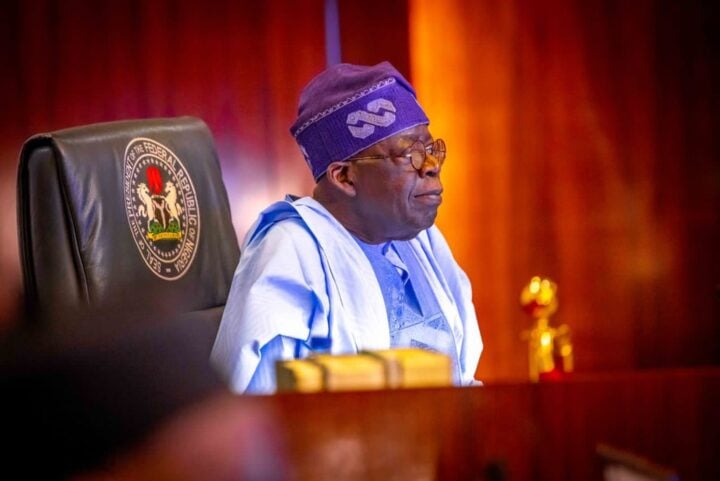The Manufacturers Association of Nigeria (MAN) has asked the Nigerian Electricity Regulatory Commission (NERC) to diversify energy sources as the proposed tariff increase would affect the manufacturing industries and consumers.
In an interview with NAN, Segun Ajayi-Kadir, director-general of MAN, said manufacturers have been forced to use alternative energy sources due to the long-standing problem of electricity supply in the country.
The federal government had earlier announced a possible increase in electricity tariff by 40 percent effective from July 1, 2023.
This government said the tariff hike was in response to the surge in the pump price of petrol occasioned by the removal of subsidy.
Advertisement
Ajayi-Kadir said increasing the tariff by 40 percent will contribute to higher production costs, lower profit margins, a decline in manufacturing activities, and downward revenue remittances to the government.
He said manufacturers expended about N144.5 billion on sourcing alternative energy in 2022, adding that the cost increased by 87 percent as compared to the N77.22 billion spent in 2021.
“Already, we have power constituting between 28-40 percent in the cost structure of manufacturing industries,” the director-general said.
Advertisement
“You can imagine the impact on manufacturing industries that are energy-intensive such as metal processing, heavy machinery, and chemicals manufacturing.
“A spike in the electricity tariff will erode the profit margin of the manufacturers and reduce their ability to expand operations and create new jobs.
“Manufacturers will ultimately pass on the additional cost to the consumers of their products and this will increase the cost of the products in the market and complicate the rising inflation rate in the country.
“Also, the sector’s competitiveness will definitely worsen as the high cost of the products will make locally produced items less competitive when compared with imported alternatives.”
Advertisement
Ajayi-Kadir said there is an urgent need for the diversification of energy sources and intensifying infrastructure investment in the power sector.
“As it is today, the manufacturing sector, which is the engine of growth, is still struggling as a result of the inclement production environment in Nigeria,” he said.
“The expectation is that government will engage in extensive and intensive consultations with the manufacturers; focus on measures that will salvage the sector and halt the trend of shutdown of factories, knowing the implications and the multiplier effects on employment and the economy.
“Care should be taken to avoid introducing burdensome measures that will further strangulate the manufacturing sector and the whole economy.”
Advertisement
Add a comment






